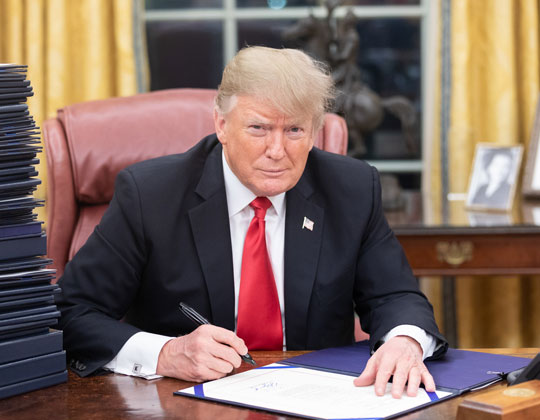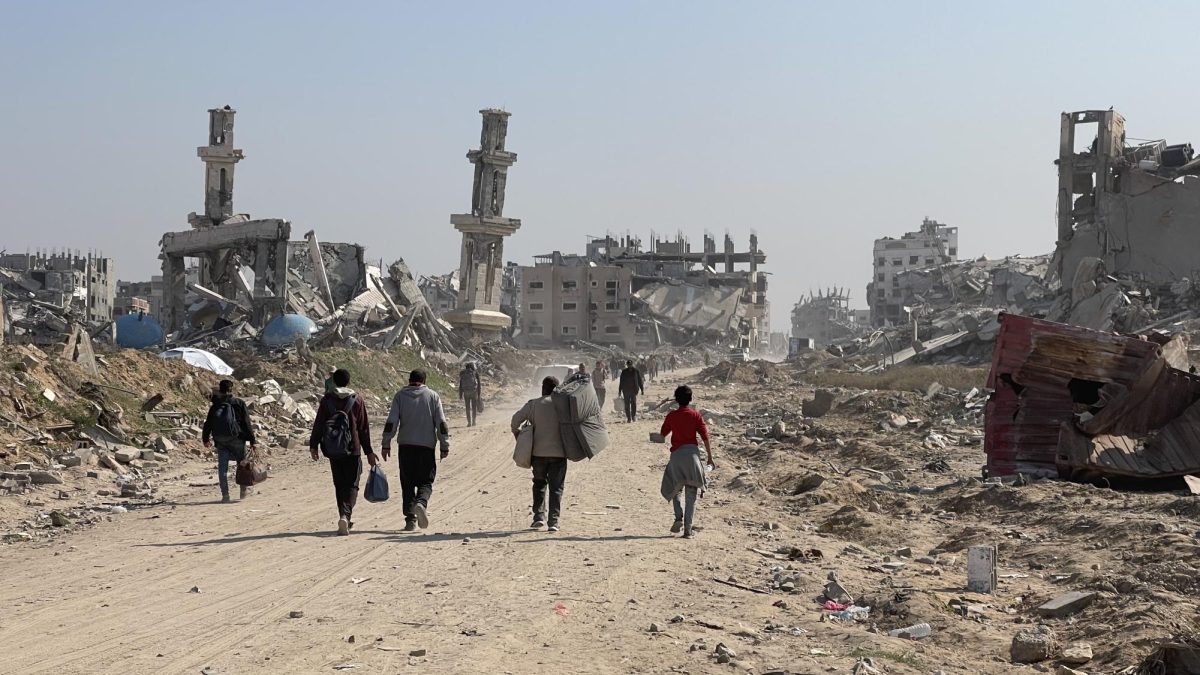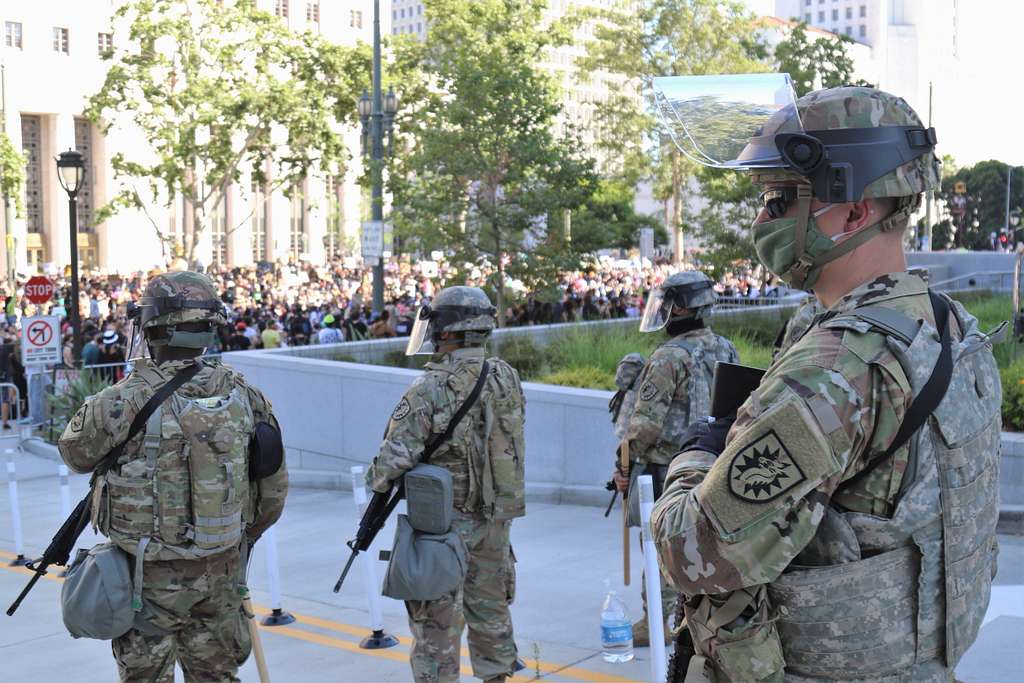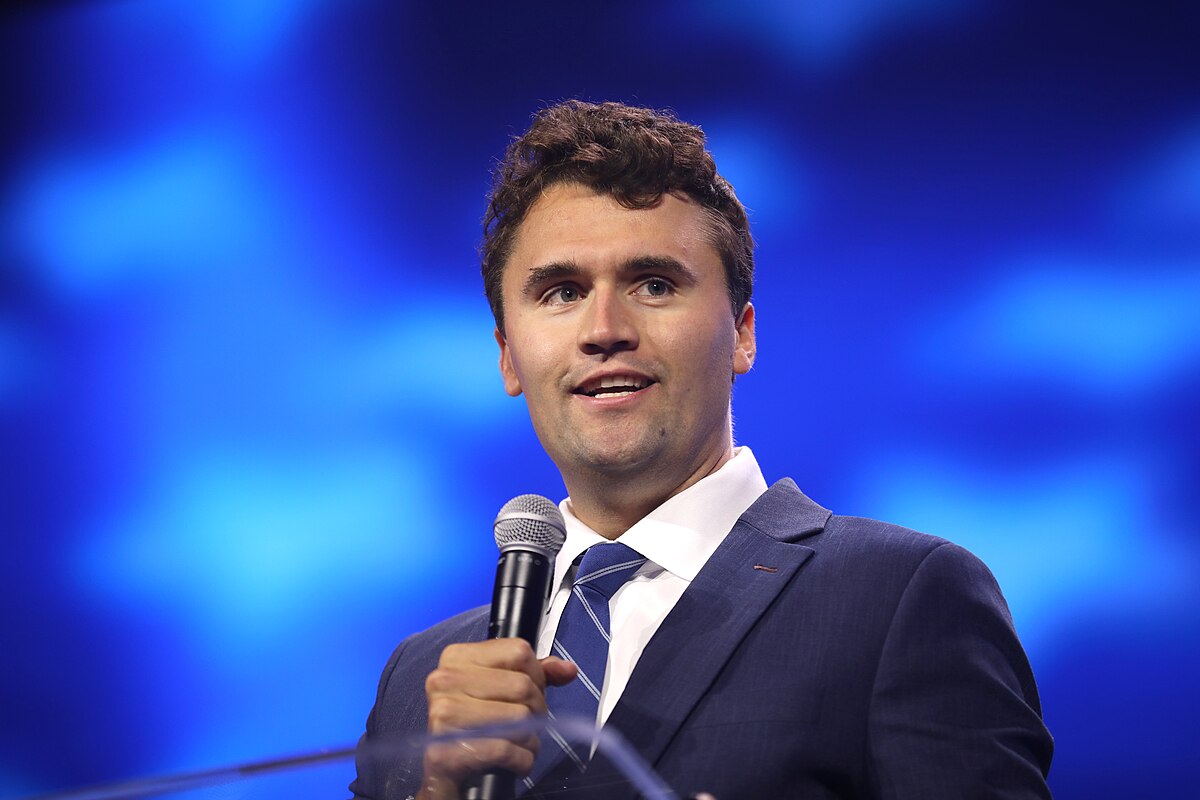A group of 25 students, faculty and staff comprise the Campus Culture Task Force Committee. On Nov. 18, 2008 Chancellor Oblinger formed this committee right after hate speech graffiti was written in The Free Expression Tunnel on Nov. 5, right after President Barack Obama’s victory in the 2008 Presidential Election. After four students wrote racist remarks to express their non-support for President Obama, the administration was forced to take action in mandating new strategies that would protect the University from what some considered threats to the campus environment. After a full federal investigation was completed, officials concluded that these students posed no real threat to President Obama. Although, they were released from federal charges, students were not satisfied with the notion that people could write such hate-filled remarks and not be reprimanded, especially when their target was the new president. After campus leaders and students rallied together to pressure campus administration to answer their luring questions of concern, it was then decided that the incident could not be dealt with overnight. The University mandated a plethora of faculty and students to comprise a committee. The committee is made up of three sub-categories that will all address the questions and concerns of students in regards to the Nov. 5 incident.
The Campus Climate, Free Expression Tunnel and Brickyard, and Student Code of Conduct are all entities, or subgroups, for the entire Hate Speech committee. They seek to focus on specific portions of campus legislation, rules and regulations pertaining to hate activity that was directly affected by the slurs, and a way to control outbursts like this in the future, by updating the language within the Student Code of Conduct to fully protect the University from such behaviors.
Dr. Jose Picart, chair and vice provost for the Office for Diversity and Inclusion said, “At a public university, hate speech is permitted as a form of constitutionally protected free speech. Our focus is on enhancing education and persuading the community to influence and promote civility and respect for others and to discourage hate speech,” as also stated in the committee’s preliminary recommendations on their website. Picart, also stated, “The courts have repeatedly struck down any attempts by colleges or universities to limit free speech, including hate speech.”
The Campus Climate Committee has recommended that the University take a more active role in the prevention of hate acts by forming an Administrative Advisory Committee. This committee’s purpose was to further promote the ethics and values, in which N.C. State upholds in its Student Code of Ethics. One recommendation made by the Student Code of Conduct committee was “Increase the sanctions for violations of the Student Code of Conduct that are motivated by hate against university protected groups,” according to the recommended proposal to the Chancellor. By increasing due punishment for students who do not abide by campus policies, the committee seeks to eliminate future careless acts of hatred making policies more clear discouraging participation in hate-driven activities. Furthermore, the Free Expression Tunnel/Brickyard Committee used another tactic to decrease vigilant activity in those areas. This committee has sought to create a safer campus climate for students and to avoid future instances of hate speech. To do this the committee has suggested improving lighting, in some areas, provide rental facilities for paint supplies, installing signs that state “Under camera surveillance,” and vocalizing the “tunnel issue” in future summer orientation programs. On a grander scheme, “President of the UNC System has established a committee to examine hate crime policy from a UNC system level,” said Picart. Erin Hartness for WRAL reports in her UNC System to Study Hate Crime Policy article that President Erskine Bowles, has appointed a commission, much like the task force, to list suggestions to the state-wide system by Mar. 31.
When asked if the administration handled the situation correctly Brandi Bynum, a senior in business administration said “I do think that they have done the right thing, but they could have done more. Hate crimes are very serious and have been fora very long time. We should have something about the consequences in our university policy.” Students can view and comment on the Campus Culture Task Force’s <a href=’http://ncsu.edu/student_affairs/cctf/’>preliminary report</a> until Feb. 16. A final report will be submitted Feb. 27.






